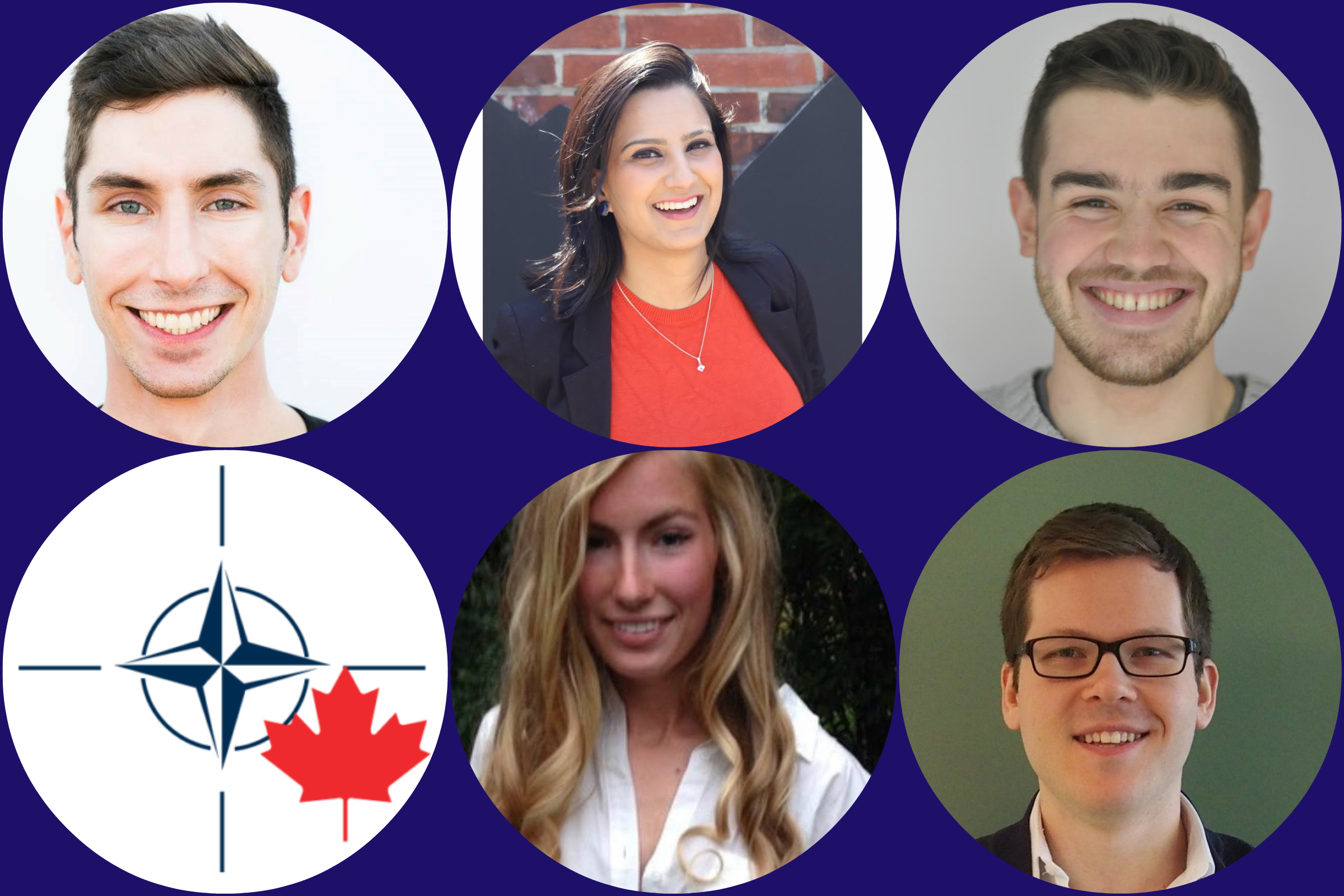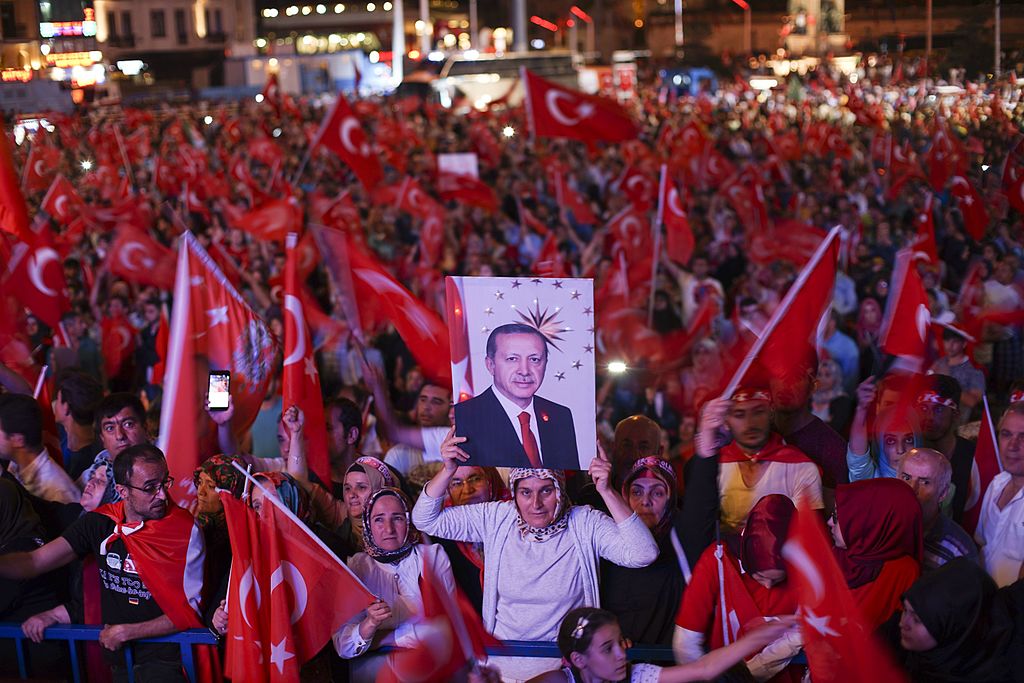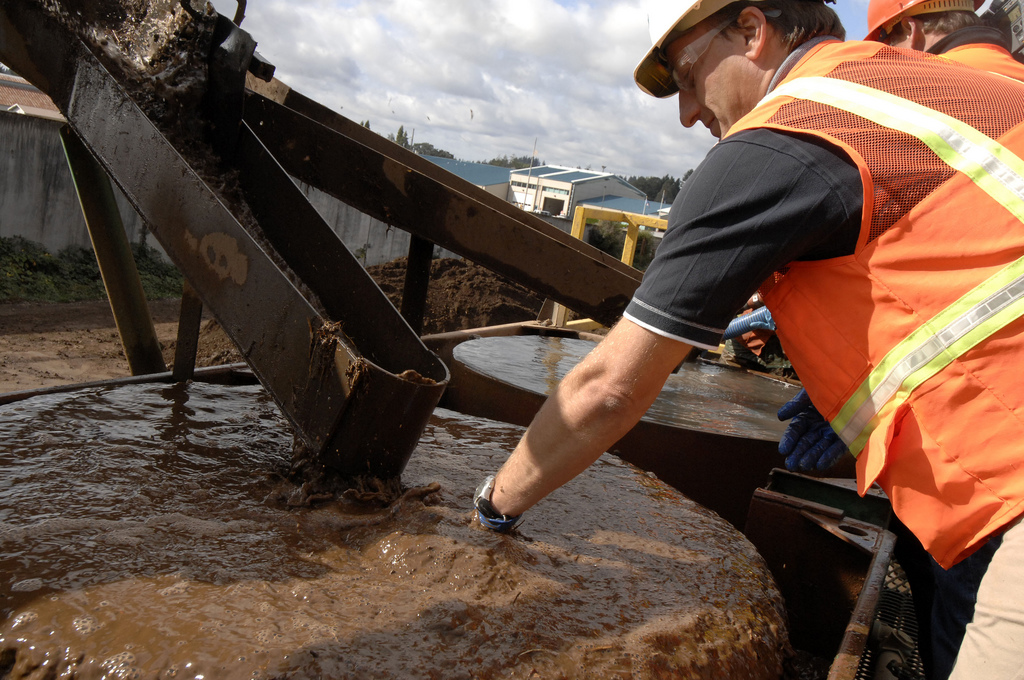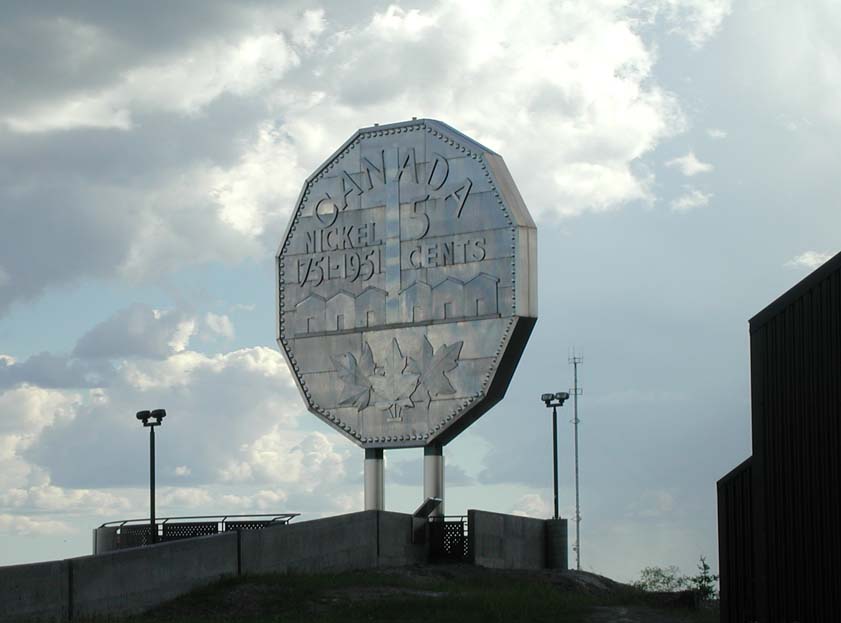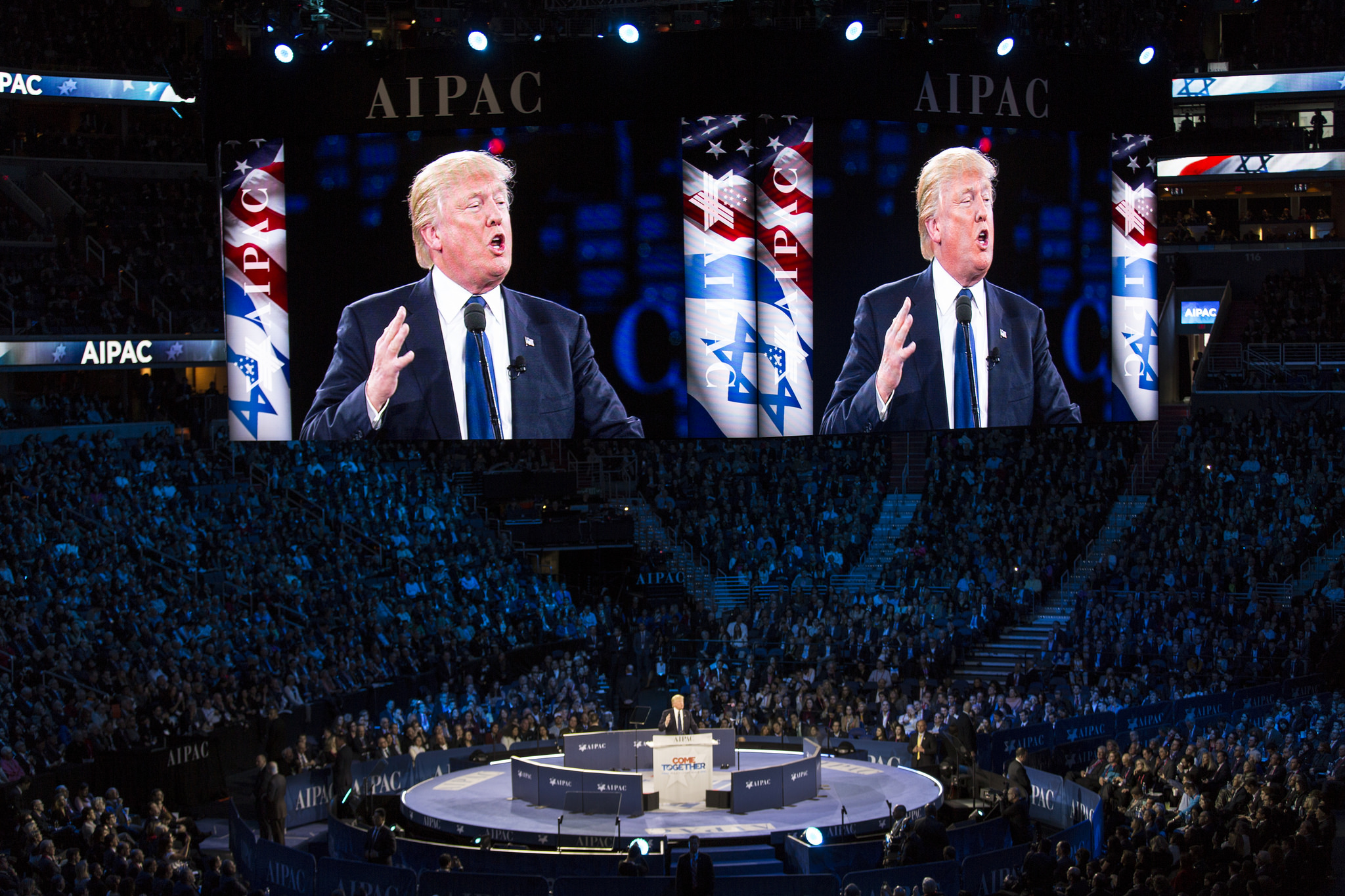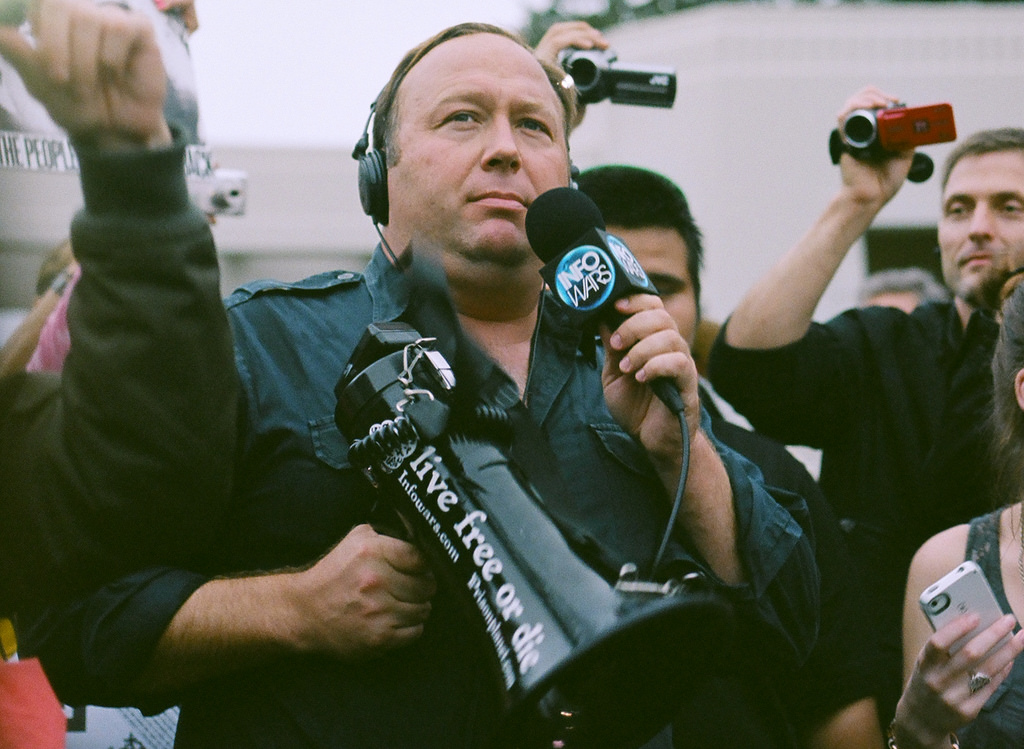This podcast is the fourth and final part in a series on “A Shifting Global Economy,” which engages our researchers in International Business and Economics on changes in the global economy driven by political, social, technological and other global trends. You can check out Part 1 here, Part 2 here, and Part 3 here. Listen as our analysts talk Read More…
Author: Philip Rafalko
A Shifting Global Economy, Part 3: Social Change, Innovation and Technology
This podcast is Part 3 in a series of discussions with researchers in International Business and Economics on changes in the global economy driven by political, social and technological trends. Our analysts discuss social and technological innovation, including the impact of a growing digital economy and the integration of technology en masse into everyday life across the world.
A Shifting Global Economy, Part 2: Closing the Doors on an Open World?
This podcast is Part 2 in a series of discussions with researchers in International Business and Economics on changes in the global economy driven by political, social and technological trends. Our analysts discuss what changes to openness – of ideas, borders, capital – within societies might mean for the functioning and legitimacy of an integrated world economy.
A Shifting Global Economy, Part 1: What’s Driving Change?
This podcast is Part 1 in a series of discussions with researchers in International Business and Economics on changes in the global economy driven by political, social and technological trends. The researchers share what they think are the most important things to look at in the coming years.
Turkey’s Constitutional Referendum
Erdogan’s victory in the referendum shows the power of a leader channeling the national interest to take back the state. It is another expression of the populist trend sweeping across the Atlantic and the European continent and positions Erdogan closer to Nigel Farage, Donald Trump or Marine Le Pen than it does to Arab dictators in neighbouring Middle-Eastern countries.
Budget 2017: Jobs, Innovation, and Canada’s Plan for a Changing Economy
As Canada pivots its economic activity toward the future, some reflection may be needed on what we will be leaving behind in the process.
Canada’s Mining Industry, Part 2: Between a Rock and a Hard Place
From economic uncertainty to social upheaval, the Canadian mining industry faces a winding series of hurdles. Whether and how companies deal with these complications is telling of the state of the industry.
Canada’s Mining Industry, Part 1: Our Hidden Gem
Toronto is the world’s mining capital. Yet, despite both huge revenues and the problems associated with it, this heavy-hitting industry is often hidden in plain sight from the everyday person.
Does Donald Trump represent a new era of US-Israeli relations?
Israel and the US seem to be closer to the same page than ever in recent history. The only question that remains is whether the status quo is more comfortable.
Conspiracies, Misinformation, and the Dysphoria of Politics
The 2016 US election has been a watershed for the rise of conspiracy theories in public discussion and policy. Their popularity will have serious consequences for international politics.

